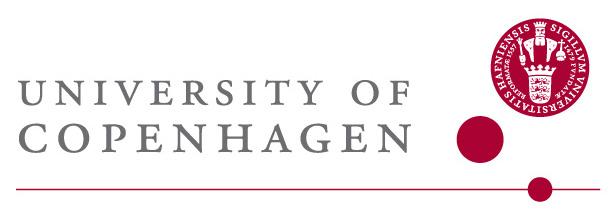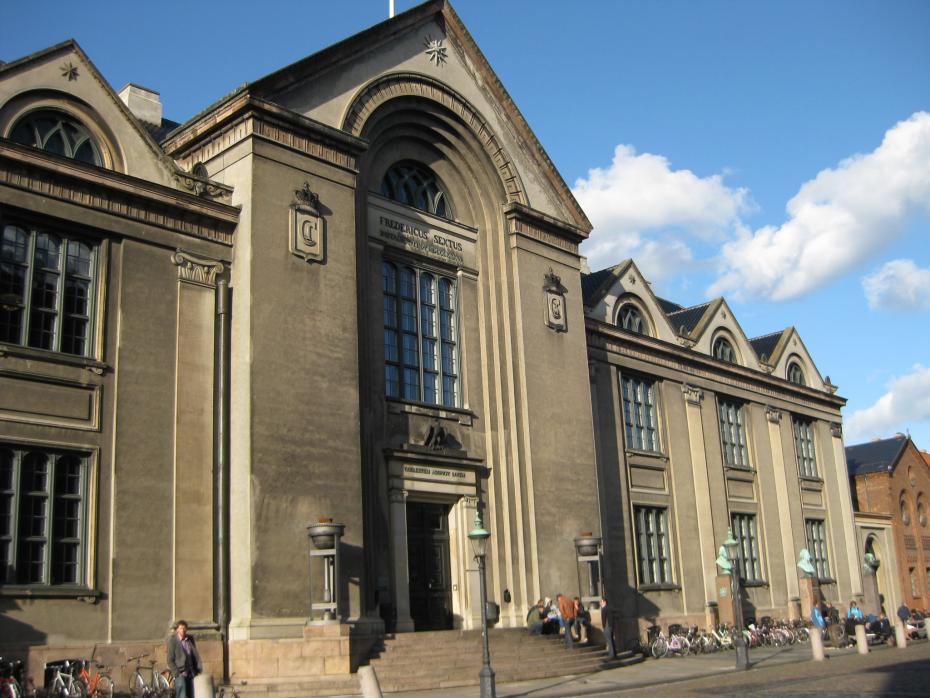With over 40,000 students and more than 9,000 employees, the University of Copenhagen is the largest institution of research and education in Denmark. The purpose of the University – to quote the University Statute – is to ’conduct research and provide further education to the highest academic level’.
Approximately one hundred different institutes, departments, laboratories, centres, museums, etc., form the nucleus of the University, where professors, lecturers and other academic staff, as well as most of the technical and administrative personnel, carry out their daily work, and where teaching takes place.
These activities take place in various environments ranging from the plant world of the Botanical Gardens, through high-technology laboratories and auditoriums, to the historic buildings and lecture rooms of Frue Plads and other locations.
2016 - Strategy for the University of Copenhagen
The purpose of 2016 is to define the framework and the direction for the University’s continuing development. In their daily studies, work and commitment, students and employees should be able to apply their own initiatives and ideas and as such contribute to meeting the objectives of the strategy.
Based on the University’s scientific foundation and the continuing work to strengthen excellent research, the strategy describes three selected focus areas.
1. Improving education
2. Strengthening external collaboration worldwide
3. Strengthening internal collaboration and a shared identity
Graduate Programs:
Actuarial Mathematics
Advanced Migration Studies
African Studies
Agricultural Development
Agricultural Economics
Agriculture
Animal Science
Animal-Derived Foods
Anthropology
Anthropology of Health
Applied Cultural Analysis
Assyriology
Biochemistry
Bioinformatics
Biology
Biology-Biotechnology
Business and Organisational Anthropology
Chemistry
Climate Change
Cognition and Communication
Computer Science
Economics
Egyptology
English Studies
Environmental and Natural Resource Economics
Environmental Chemistry and Health
Film and Media Studies
Food Innovation and Health
Food Science and Technology
Forest and Nature Management
Geography and Geoinformatics
Geology-Geoscience
Global Development
Global Health
Human Biology
Human Nutrition
Immunology and Inflammation
Information Science and Cultural Communication
IT and Cognition
Landscape Architecture
Law
Mathematics
Mathematics-Economics
Medicinal Chemistry
Molecular Biomedicine
Nanoscience
Nanoscience and Technology (China)
Nature Management (Landscape, Biodiversity and Planning)
Near Eastern Archaeology
Pharmaceutical Sciences
Philosophy
Physics
Political Science
Religious Roots of Europe
Security Risk Management
Sociology
Statistics
Sustainable Development in Agriculture (AGRIS MUNDUS)
Sustainable Forest and Nature Management (SUFONAMA)
Sustainable Tropical Forestry (SUTROFOR)
Urban Studies
Water and Environment (China)
Non-native speakers of English must pass the TOEFL with a score of 550 (on a paper-based test) / 213 (computer-based test) / 80 (Internet-based test) or the University of Cambridge IELTS with a score of 6.0, or provide equivalent documentation, or a CAE/CPE score of C.



2014 © a2fairs. All Rights Reserved. powered by twopulse.com